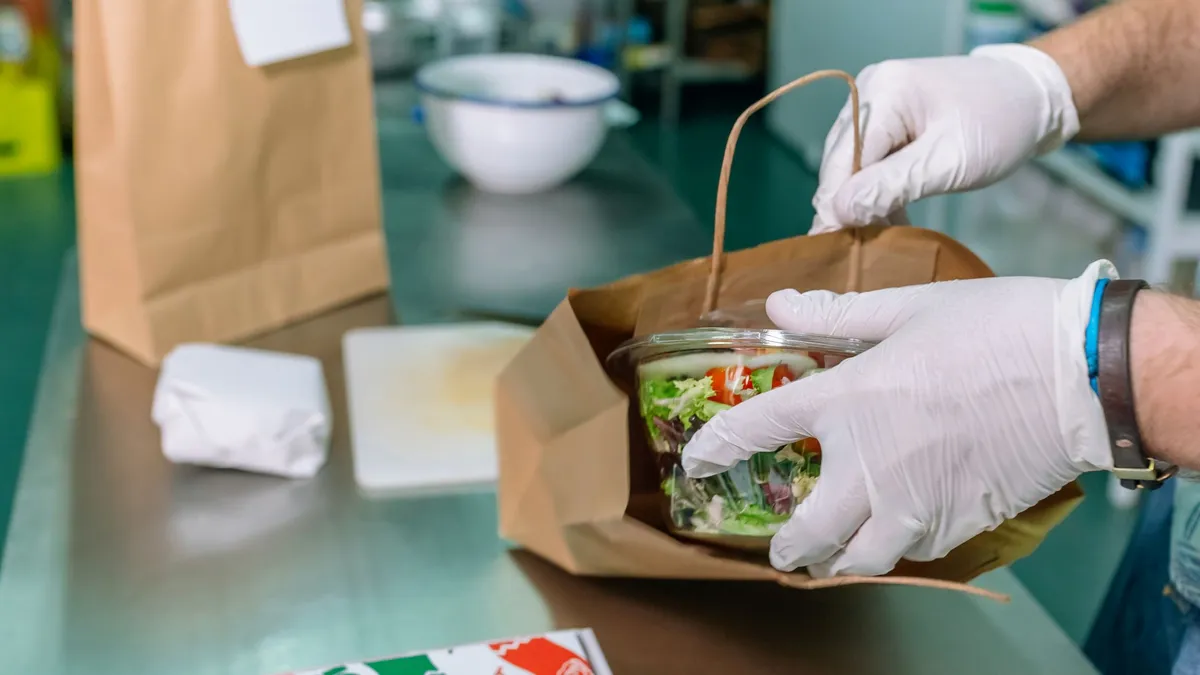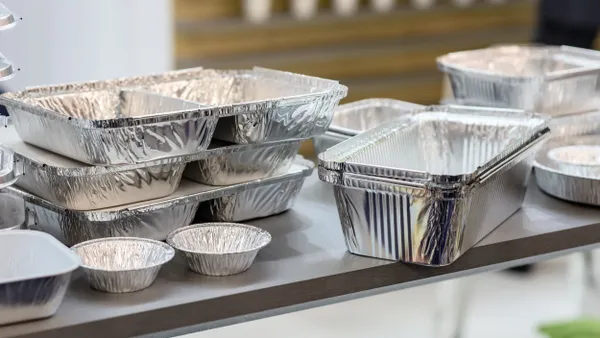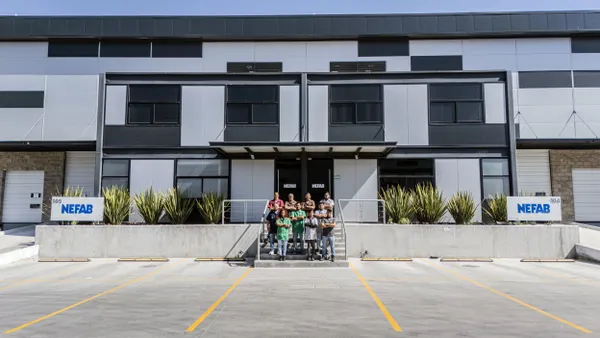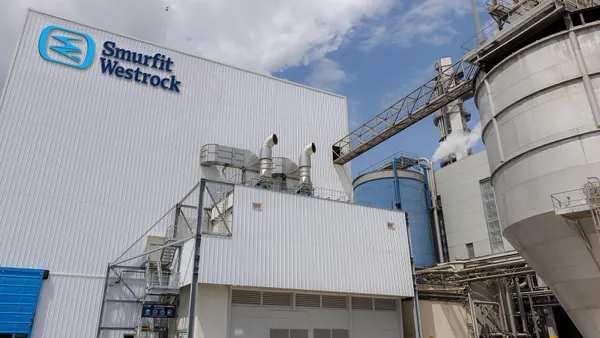Dive Brief:
- JBM Packaging is bringing a program to an Ohio prison that teaches technical job skills to individuals who are incarcerated to aid in their successful reentry upon release. The company installed envelope manufacturing equipment at Ohio’s London Correctional Institution, where participants use it for training as machine adjusters for an average of 32 hours per week for six to 12 months prior to their release.
- Trainees are paid and upon release are hired at JBM, said President and CEO Marcus Sheanshang. The goal is to hire up to three of these individuals per year. Real-world production on the equipment at LoCI is slated to begin in the next few weeks, with expected output of up to 10,000 envelopes per hour.
- While the program previously ran at another prison in the state, under the terms of the new agreement with LoCI, JBM is able to pay participants higher wages, Sheanshang said. “This is something where we want to do it for a long period of time. For that really to be consistent with who we are as a business, we want to make sure that we're paying people fairly," he said.
Dive Insight:
The in-prison technical skills-building initiative is part of JBM Packaging’s broader “Fair Chance” program, through which it provides employment and ongoing supportive resources to formerly incarcerated individuals. The company launched its fair chance initiative about eight years ago, and more than 125 people have been employed through it during that time.
JBM began transitioning its prison workforce program to London about a year ago, and it’s now fully operational, Sheanshang said. The company is spotlighting the initiative’s evolution during Second Chance month, which has been recognized nationally in April since 2017.
Second chance hiring has been key to JBM’s growth, especially in a challenging labor market. “Hiring folks that are coming out of prison really is a great answer to many of our issues that we would have with growth,” Sheanshang said.
Businesses increasingly are turning to second chance hiring to fill labor gaps, according to speakers at the 2025 Second Chance Forum on April 1. Recruiting from this largely untapped talent pool is mutually beneficial to help businesses meet their needs while providing steady employment and income to formerly incarcerated individuals, speakers said, noting that numerous studies have shown these programs reduce recidivism, or individuals released from prison being recommitted within a short time.
“For us, second chance hiring is not just the right thing to do, it’s also good business,” Peter Quigley, president and CEO at staffing agency Kelly Services, said during the event. “The second chance employees are loyal, they’re hardworking, the amount of turnover is significantly lower. ... If you’re in business and want to attract people to your brand, fair chance hiring — our research shows — is good business.”
In Virginia, the prison system offers training for 40 different trades and has 170 different programs within those trades, said Chadwick Dotson, director of the Virginia Department of Corrections, during the event. It works with businesses for worker placement as well as collaboratively developing training programs that meet companies’ evolving needs.
“We work with the business community ... to determine what does the workforce need, who’s hiring, so we can create programs around that. We’re constantly evaluating and re-evaluating our programs,” Dotson said.
Partnering with Ohio Penal Industries to create JBM Packaging’s training program already has proven beneficial in the short time it’s been running at the London Correctional Institution, Sheanshang said. JBM hired its first employee who completed the program about two months ago, and two other trainees are going through the program right now. When they’re hired, these employees transition into JBM’s in-house “Better Lives” program for previously incarcerated individuals.
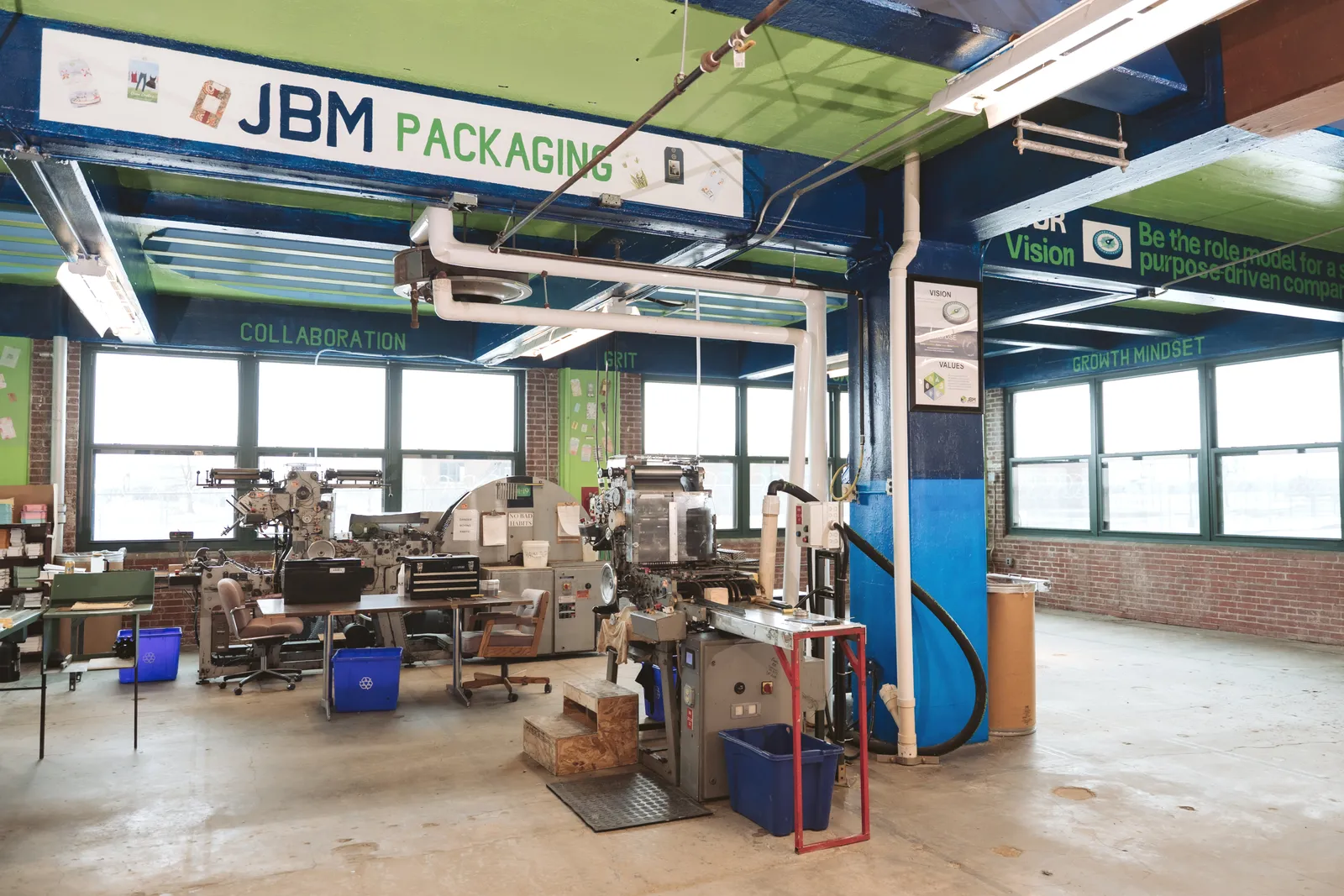
“The prison system here in Ohio has been great to work with,” Sheanshang said. “They have painted the entire area where they work in the JBM colors, they've got our core values up there, they've got our purpose up there. They've really taken a lot of pride in JBM.”
Starting skills-building while an individual is still in prison gives them a leg up for landing employment upon reentry and provides businesses access to qualified labor, sources say. For instance, the adjuster role that JBM trains for at LoCI “is something that takes three to five years to really understand the craft,” Sheanshang said. “With them being able to work on this equipment for three to six months, they're that much further ahead.”
Participants will further boost their skills once production runs start, Sheanshang said. For example, the adjuster will be able to make real-time changes to operations to ensure the line runs at the right speed and the envelopes produced are of expected quality.
JBM Packaging has two folding machines at LoCI. After evaluating the success of production runs, the company likely will look to add another piece of equipment, Sheanshang said, noting the desire to expand to other prisons as well.





